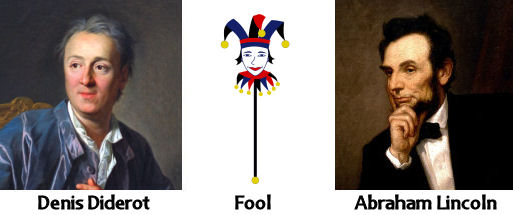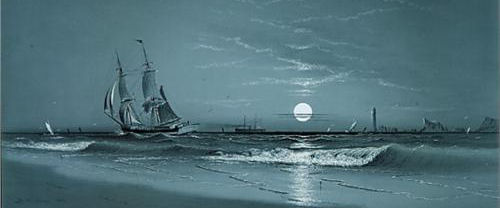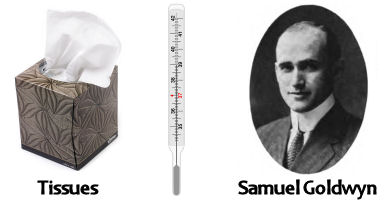Niccolò Machiavelli? Jean-Paul Sartre? Jean Paul? Johann Paul Friedrich Richter?
Question for Quote Investigator: A student would like to use the following quotation about perspicacity gained through experience in a yearbook, but she has been unable to determine an appropriate ascription:
The more sand has escaped from the hourglass of our life, the clearer we should see through it.
These words are often attributed to Niccolò Machiavelli or Jean-Paul Sartre which I think is an eccentric juxtaposition. I was unable to find precise citations for either of these individuals. Would you help resolve this question?
Reply from Quote Investigator: The earliest evidence located by QI appeared in a German novel titled “Hesperus oder 45 Hundsposttage, Eine Biographie” published in 1795 by Johann Paul Friedrich Richter who used the pen name Jean Paul. “The Oxford Companion to German Literature” described the work as follows:1
The eccentric sub-title refers to the chapters, which are designated Hundsposttage, and are supposed to have been brought to the author’s friend by a Pomeranian dog. Written in Jean Paul’s characteristic whimsical style, the book has a complex and absurd plot.
The quotation about a figurative hourglass referred to a single individual named Emanuel in the novel. The statement was later generalized to encompass all people. Here is the relevant passage in German followed by one possible English translation:2
Emanuel sah ruhig wie eine ewige Sonne, auf den Herbst seines Körpers herab; ja je mehr Sand aus seiner Lebens-Sanduhr herausgefallen war, desto heller sah er durch das leere Glas hindurch.
Emanuel looked peacefully as an eternal sundown upon the autumn of his body; indeed the more sand had fallen out of his life-hourglass, the clearer he saw through the empty glass.
In 1837 a weekly journal called “The New-York Mirror” printed an article titled “Original Translations: Scraps from Jean Paul” which included a version of the quotation together with other adages from Richter. Here are three examples:3
Our sorrows are like thunder clouds, which seem black in the distance, but grow lighter as they approach.
The more sand has escaped from the hour-glass of our life, the clearer we should see through it.
The moon is a light-house on the shore of the other world.
Here are additional selected citations in chronological order.
Continue reading “Quote Origin: The More Sand Has Escaped from the Hourglass of Our Life, the Clearer We Should See Through It”

